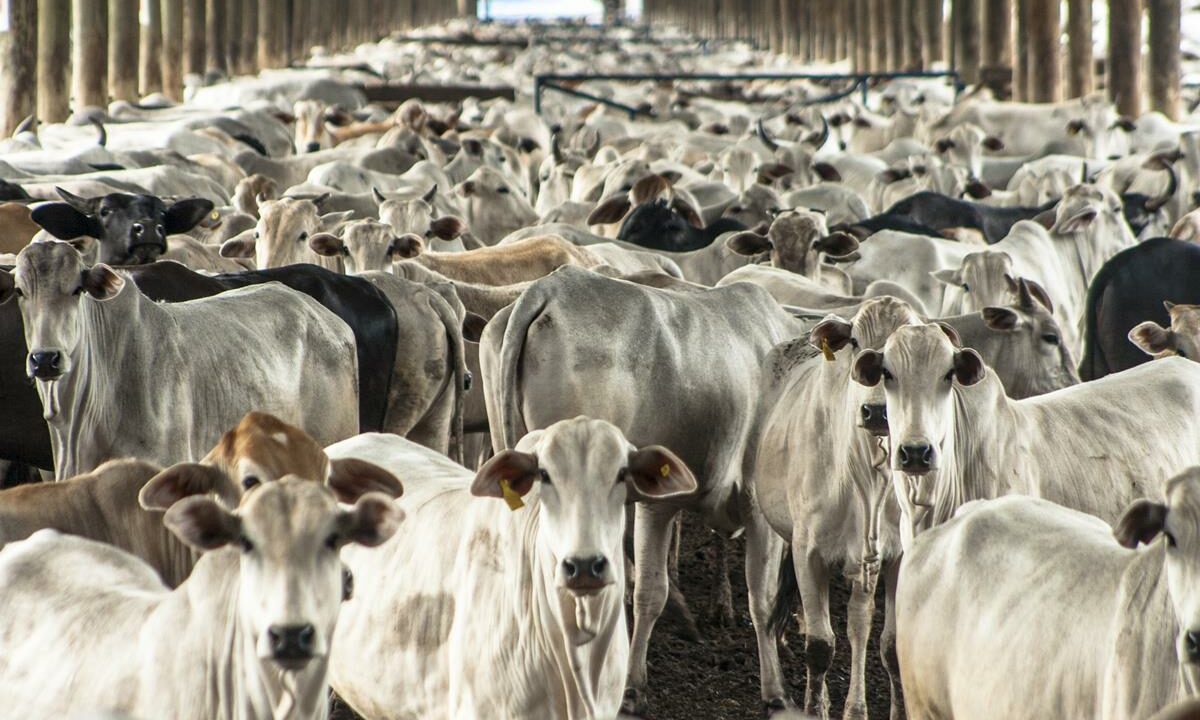The EU has moved to ensure that food products that are produced as a result of deforestation are kept off the European consumer market.
The European Commission has proposed a new regulation to curb EU-driven deforestation and forest degradation.
The proposed new rules would guarantee that the products that people in the EU buy, use and consume on the EU market do not contribute to global deforestation and forest degradation.
The main driver of deforestation, the commission says, is agricultural expansion linked to a number of commodities, particularly beef, but also soy, palm oil, wood, cocoa and coffee, and some derivatives of these.
The commission highlights that, in the 30 years between 1990 and 2020, 420 million hectares of forestry – larger than the combined area of all EU member states – was cut down globally.
The regulation will set mandatory due diligence rules for companies which want to place these commodities on the EU market with the aim to ensure that only ‘deforestation-free’ and legal products are allowed.
The commission says it will use a benchmarking system to assess countries and their level of risk of deforestation and forest degradation driven by the commodities in the scope of the regulation.
As part of this process, the commission will “step up” its dialogue with other big consumer countries and engage in joint efforts to promote the consumption of ‘deforestation-free’ products.
By promoting these products and reducing the EU’s impact on global deforestation and forest degradation, the new rules “are expected to reduce greenhouse gas emissions and biodiversity loss”, according to the commission.
It says: “Tackling deforestation and forest degradation will have positive impacts on local communities, including the most vulnerable people like indigenous peoples, who rely heavily on forest ecosystems.”
These proposed rules may bring reassurance to those concerned over the EU-Mercosur Trade Agreement – or increase concerns among those who will feel that the trade deal and these new rules cannot be reconciled to each other.
Just this month, Tánaiste Leo Varadkar said that the current government “will not ratify or vote” for the EU-Mercosur Trade Agreement because it is “not satisfied with the environmental protections that are contained” in the deal.
Speaking on RTÉ Radio 1 on November 5, the Tánaiste said that Ireland is “not alone” in not supporting the Mercosur trade deal, and that countries such as France and Austria “are with us on that”.
